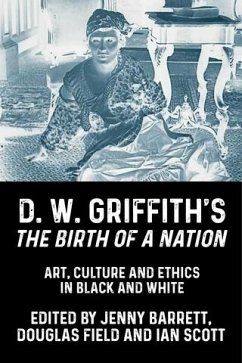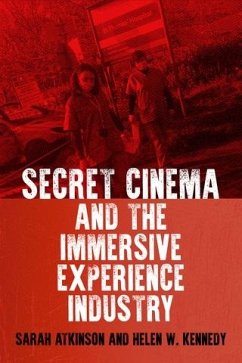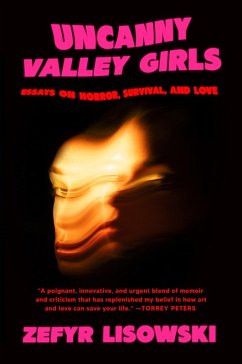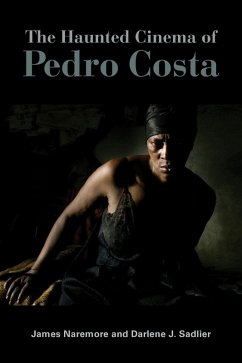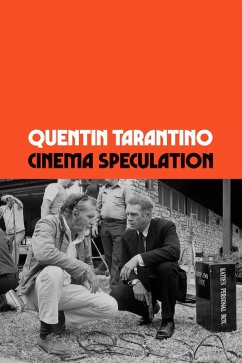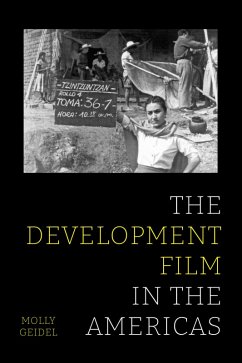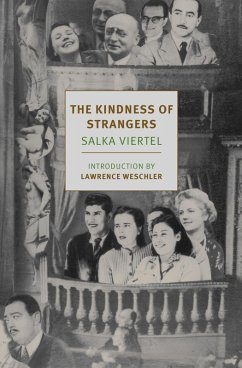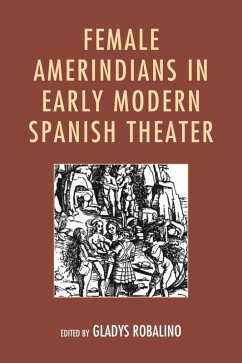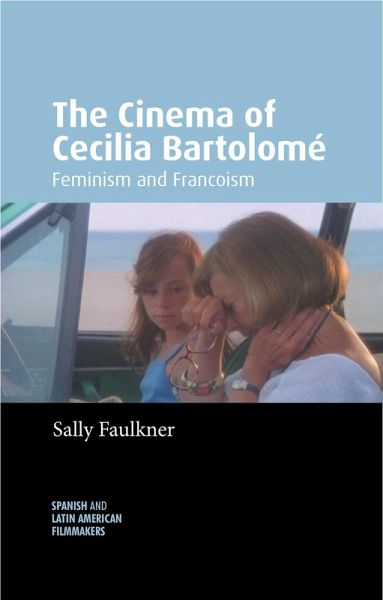
The Cinema of Cecilia Bartolomé (eBook, ePUB)
Feminism and Francoism
Versandkostenfrei!
Sofort per Download lieferbar
80,95 €
inkl. MwSt.
Weitere Ausgaben:

PAYBACK Punkte
40 °P sammeln!
Were it not for authoritarian state censorship, Cecilia Bartolomé's name would figure alongside those of her contemporaries Agnès Varda and Claire Denis as a pioneering feminist filmmaker of the twentieth century. With this bold claim, this book seeks both to write the history of Bartolomé's extant filmography, and speculate about censored and un-filmed work, thereby fashioning a new way of writing a feminist creative life in film.The first volume on this director to be written in English, The Cinema of Cecilia Bartolomé is also the first volume on the director published in any language fo...
Were it not for authoritarian state censorship, Cecilia Bartolomé's name would figure alongside those of her contemporaries Agnès Varda and Claire Denis as a pioneering feminist filmmaker of the twentieth century. With this bold claim, this book seeks both to write the history of Bartolomé's extant filmography, and speculate about censored and un-filmed work, thereby fashioning a new way of writing a feminist creative life in film.
The first volume on this director to be written in English, The Cinema of Cecilia Bartolomé is also the first volume on the director published in any language for over twenty years. By focusing on Spanish-language cinema of the 1960s-90s, the period when feminism, like democracy, was re-born and seemingly consolidated in Spain, the study brings historical depth and transnational reach to current debates in the wake of #MeToo.
The first volume on this director to be written in English, The Cinema of Cecilia Bartolomé is also the first volume on the director published in any language for over twenty years. By focusing on Spanish-language cinema of the 1960s-90s, the period when feminism, like democracy, was re-born and seemingly consolidated in Spain, the study brings historical depth and transnational reach to current debates in the wake of #MeToo.
Dieser Download kann aus rechtlichen Gründen nur mit Rechnungsadresse in A, D ausgeliefert werden.





